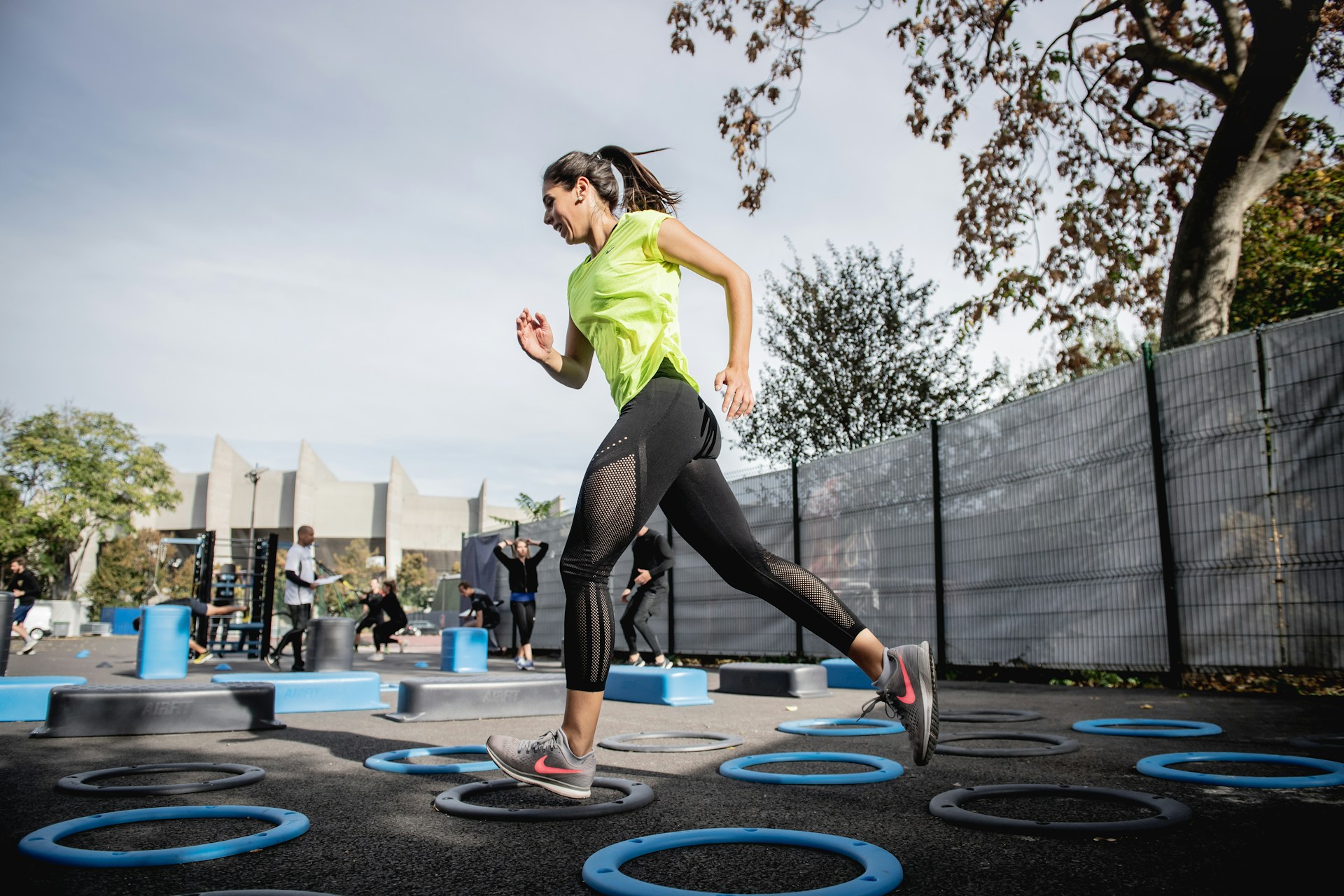Manage Type 2 Diabetes with Exercise
 Learn How to Manage Type 2 Diabetes with Exercise.
Learn How to Manage Type 2 Diabetes with Exercise.
If you’re living with Type 2 Diabetes, you’ve probably heard that exercise is important, but do you know why ? At our clinic, we regularly see firsthand how the right kind of physical activity can help people better manage their blood sugar, improve their energy levels, and feel more in control of their health. Whether you’re newly diagnosed or have been living with diabetes for years, adding regular movement to your routine can make a real difference.
What Happens in Type 2 Diabetes ?
Type 2 Diabetes affects how your body processes glucose (sugar) in the bloodstream. Either your body becomes resistant to insulin or doesn’t produce enough of it, causing blood sugar levels to rise. Over time, this can lead to serious complications like heart disease, nerve damage, and kidney problems.
The good news? Physical activity can help your body become more sensitive to insulin, making it easier to manage your blood sugar levels naturally.
The Power of Movement
Here’s how regular physical activity helps:
1. Improves Insulin Sensitivity: Exercise helps your muscles use glucose more effectively, both during and after the activity. This means your body doesn’t need to produce as much insulin to keep blood sugar levels stable.
2. Helps with Weight Management: Carrying extra weight, especially around the abdomen can worsen insulin resistance. Exercise supports healthy weight loss or maintenance, which plays a big role in managing diabetes.
3. Boosts Heart Health: People with Type 2 Diabetes are at higher risk of cardiovascular disease. Physical activity strengthens your heart and improves circulation, lowering this risk.
4. Supports Mental Wellbeing: Living with a chronic condition can take a toll on your mental health. Exercise helps reduce stress, anxiety, and depression—all of which can also impact your blood sugar levels.
What Kind of Exercise Is Best ?
At our clinic, our physiotherapists and exercise physiologists tailor exercise programs to your individual needs, goals, and any other health concerns you may have. Here’s a general breakdown of the types of physical activity we might recommend:
-
Aerobic Exercise: Activities like walking, cycling, swimming, or dancing for at least 30 minutes most days of the week.
-
Resistance Training: Lifting weights or using resistance bands 2–3 times per week to build strength and improve insulin sensitivity.
-
Flexibility & Balance: Especially important for older adults or those with joint issues, these exercises help prevent falls and keep you moving confidently.
Getting Started Safely
If you haven’t exercised in a while or if you’re managing other conditions along with diabetes, it’s important to start slow and speak to a health professional first. Our team of Physiotherapists and Exercise Physiologists can guide you through a safe and effective program that suits your lifestyle and needs.
We can also help you monitor your blood sugar before, during, and after exercise to ensure you’re staying in a safe range.
Let’s Move Toward Better Health
You don’t need to become a marathon runner to feel the benefits of physical activity. Even small changes, like walking after meals, stretching in the morning, or taking the stairs can add up over time.
At our clinic, we’re here to support you every step of the way. Whether you prefer one-on-one sessions or group programs, we’ll help you build confidence, stay accountable, and take charge of your health.
Manage Diabetes with exercise now and reach out to Pivotal Motion Physiotherapy, we’re here to help you feel your best. Get in touch with us today, and our team will be able to discuss with you in more depth on how we can help you. Book online or call us on 3352 5116.

 Learn How to Manage Type 2 Diabetes with Exercise.
Learn How to Manage Type 2 Diabetes with Exercise.